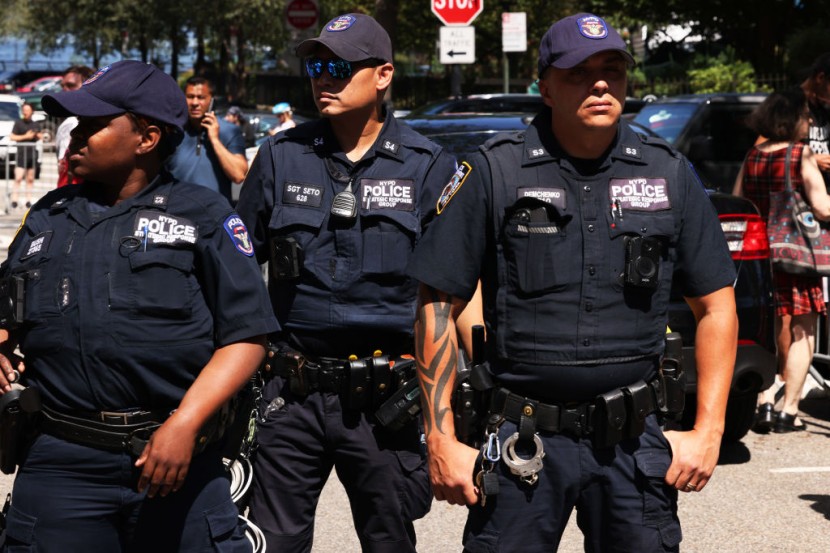As part of a lawsuit settlement coming from its response to the Black Lives Matter protests in 2020, New York City's police department has agreed to implement new regulations aimed at protecting demonstrators' rights.
The 44-page deal, unsealed Tuesday in federal court in Manhattan, compels the nation's largest police force to send fewer officers to most public rallies. It establishes a tiered system of protest response that favors de-escalation while outlawing the NYPD's notorious method of kettling, which includes detaining and arresting large numbers of demonstrators, as reported by CBS News.
Revisions Yet To Be Approved
A federal court must still approve the planned revisions. However, the deal suggests that the case brought by New York State Attorney General Letitia James in 2021, which revealed a pattern of civil rights violations committed by police when protests swept through the city in the aftermath of George Floyd's murder in May 2020, will be resolved.

Mayor Eric Adams, a former police captain, said in a video message that the settlement found a proper balance to "ensure that we are both protecting public safety and respecting protesters' First Amendment rights."
Protests in 2020 escalated into chaotic street clashes as riot police used batons, pepper spray, and their own vehicles to aggressively disperse both peaceful and disorderly demonstrators. Some protestors set fire to police vehicles and threw bottles at cops.
Police surrounded nonviolent demonstrators in various areas across the city without provocation, resulting in hundreds of arrests for low-level offenses such as disorderly conduct or impeding traffic.
Read also: New York Police Arrest Fourth Teen Involved in Good Samaritan's Subway Death
Categorization of Protests
Police commanders will categorize protests as one of four tiers under the tiered enforcement system, with higher levels of mobilization occurring in response to direct threats to public safety or essential infrastructure. The NYPD must accommodate street rallies, even those that hinder traffic, under the lower-tier response, which is the norm for most protests.
The Strategic Response Group, a heavily armored police force specializing in crowd control, will not be deployed unless a police commander authorizes a tier three mobilization based on specific infractions committed by demonstration goers. Otherwise, the NYPD will rely on community affairs officers who have been trained in de-escalation techniques.
Separate claims made by the Legal Aid Society, the New York Civil Liberties Union, and other private attorneys, which were joined with the Attorney General's complaint, are also covered by the settlement. Plaintiffs are expected to receive monetary compensation, the amount of which has yet to be determined.
The settlement calls for the city to pay $1.6 million to the state's Department of Investigation, which will oversee the accord reached with other parties, including police leaders and civil rights organizations.
New York City has already agreed to pay at least $35 million to settle claims of police misconduct during the 2020 protests, including an estimated $10 million for those kettled during a rally in the South Bronx. Over 600 individuals have filed individual claims against the city, many of which are still ongoing.
Related article: Protesters Clash Outside New York City Mayor's Home Amid Worsening Migrants Surge
© 2025 HNGN, All rights reserved. Do not reproduce without permission.








